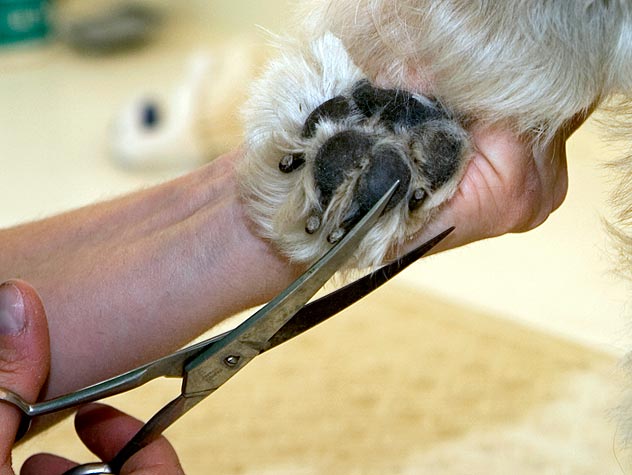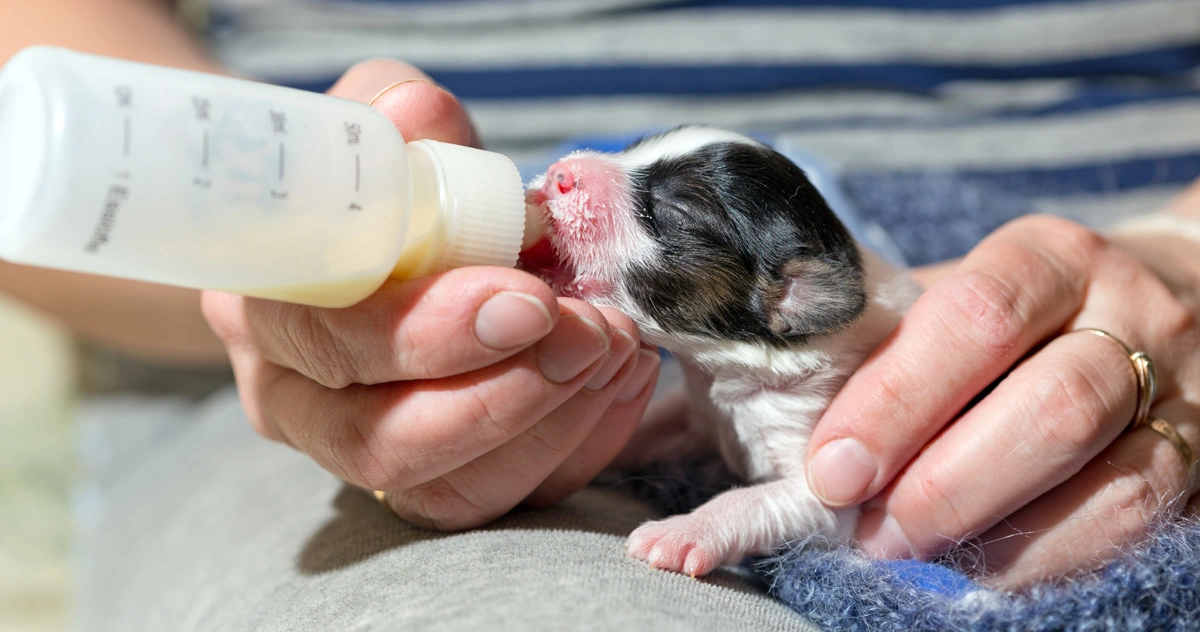Dog Paw Shaving Guide | Grooming Tips
In a world filled with wagging tails and wet noses, our furry companions bring immense joy to our lives. As responsible pet owners, it’s essential to ensure our dogs are comfortable and healthy. One often-overlooked aspect of dog grooming is paw care, including paw shaving. In this comprehensive guide, we’ll delve into the world of dog paw shaving and provide you with essential grooming tips.
Introduction
Our furry friends rely on their paws for various activities, from walking and running to digging and playing. Over time, the hair on their paw pads can grow too long, leading to discomfort and potential health issues. Dog paw shaving is a grooming practice that can keep your canine companion happy and healthy.
Why Paw Shaving Matters
Maintaining Hygiene
Shaving the hair on your dog’s paw pads helps maintain cleanliness. When long hair collects dirt and debris, it can lead to infections and discomfort.
Preventing Matting
Matting occurs when the fur on the paw pads becomes tangled and clumped. This can be painful for your dog and hinder their mobility.
Enhancing Traction
Shorter paw hair improves traction, especially on slippery surfaces. This is particularly crucial for active dogs or those in snowy regions.
Tools You’ll Need
Before embarking on your paw-shaving journey, gather the necessary tools:
- Clippers or scissors designed for pet grooming
- A brush to remove loose hair
- Styptic powder (in case of minor cuts)
- Treats and patience (for your furry friend)
Step-by-Step Guide to Paw Shaving
Preparing Your Dog
Begin by ensuring your dog is comfortable and relaxed. Brush their paw pads gently to remove any loose hair and dirt. Offer treats and positive reinforcement to create a positive grooming experience.
Choosing the Right Time
Pick a quiet, well-lit area for grooming. Choose a time when your dog is calm, perhaps after exercise, as this will make the process more manageable.
Trimming the Hair
Carefully trim the hair on the paw pads using clippers or scissors. Be cautious not to cut too close to the skin, as this can lead to cuts and discomfort. Trim only the excess hair.
Safety Measures
Keep styptic powder on hand to stop any bleeding if you accidentally nick the skin. If you’re unsure about trimming, consult a professional groomer or veterinarian.
Maintaining Paw Health
Moisturizing
After shaving, apply a dog-friendly paw balm or moisturizer to keep the paw pads supple and prevent dryness or cracking.
Checking for Issues
Regularly inspect your dog’s paws for any signs of cuts, foreign objects, or irritations. Promptly address any concerns to ensure your dog’s paw health.
Common Mistakes to Avoid
- Cutting Too Close: Avoid cutting too close to the skin to prevent injuries.
- Rushing the Process: Take your time to ensure your dog feels comfortable throughout the grooming session.
- Neglecting Moisturizing: Moisturize the paw pads to prevent dryness and cracking.
Frequently Asked Questions (FAQs)
1. How often should I shave my dog’s paw pads?
It depends on your dog’s breed and activity level, but once a month is a good starting point.
2. Can I use human clippers for my dog’s paw shaving?
It’s recommended to use clippers designed for pet grooming to ensure safety and precision.
3. My dog is resistant to paw shaving. What should I do?
Patience is key. Gradually introduce the process and offer treats to create a positive association.
4. Are there any alternatives to paw shaving for paw pad maintenance?
Regular trimming and brushing can help, but shaving is the most effective method for long-haired breeds.
5. What if I accidentally cut my dog’s paw pad?
Apply styptic powder to stop bleeding and consult your veterinarian if the cut is deep or doesn’t stop bleeding.
Conclusion
Dog paw shaving is a crucial part of overall grooming to ensure your furry friend’s comfort and health. By following this guide and practicing patience, you can keep your dog’s paws clean, healthy, and ready for countless adventures together.




